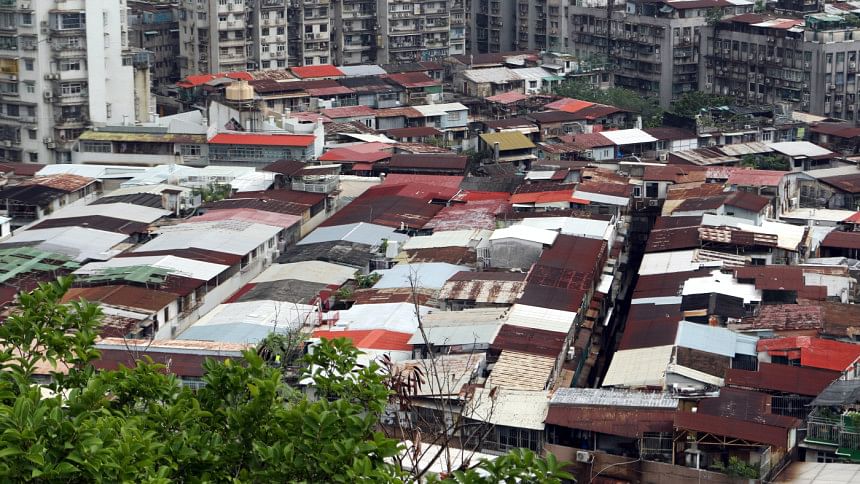Fighting the good fight against overpopulation fallouts with fabulous technology

From climate change to the ongoing pandemic, overpopulation is deeply rooted at the cause of many global issues and crises. While organizations and governments are working to research and implement policies to combat overpopulation, innovations, and technology are constantly being leveraged across the globe to combat the increasing number of problems that are stemming from overpopulation.
Pulling down poverty
Poverty is one of the main causes behind overpopulation and overpopulation, in turn, makes poverty more pervasive. Technology is playing a crucial role in bringing people out of crippling poverty. The World Bank is creating digital versions of educational content in local languages and in line with local curricula to make education more interactive in middle and low-income countries around the globe. In Africa, nonprofit EdTech onebillon is developing educational software for reading and numeracy in the child's own language. While the effectiveness of microcredit is debatable and controversial, it has without a doubt made a difference in the lives of the poor. Mobile phones and mobile banking services have made microcredit services widely available to the poor, especially those living in rural areas. In Bangladesh, a large portion of the poor lives in rural areas many of whom are farmers. Last year, Khamar-e, an AgriTech startup, received seed funding from the ICT division to use mobile phone-driven IoT to provide farmers with data, resources, and training so that they can achieve the most profit from cattle farming.

Keeping climate change in check
Overpopulation is a key factor behind increased environmental pollution, deforestation, and consequently climate change. Corporations around the world are investing in blockchain technologies to reduce carbon emissions and deforestation. In order to preserve forests, drone technology is being extensively used to track and monitor vegetation regrowth. PlasticBank is an initiative that is empowering recycling ecosystems in coastal communities, repurposing recycled plastic for reintroduction into industries, and incentivizing recycling through rewards and transparent blockchains. To promote responsible carbon consumption, companies such as EnergiToken and CarbonX are leveraging blockchain technology to provide credit rewards.
Fighting hunger and malnutrition
Overpopulation means a nation or region has more mouths to feed. Hunger and malnutrition are serious problems plaguing the world. Agricultural scientists are constantly using biotechnology to come up with new, nutrient-enriched varieties. Even in the 1980s, Vietnam was a hungry nation. And today, Vietnamese farmers are using GPS technology and moisture sensors to overcome traditional challenges to agriculture. Agro-climate Information Services (ACIS) – aimed at promoting South Asian women farmers, AloWeather, Green Coffee and Specialize Expert System for Agro-Meteorological Early Warning (RIMES-SESAME) are some of the AgriTech initiatives across Asia working to promote sustainable and environment-friendly agriculture. Farmers are being trained to use digital technology to access weather data so that they can have more profitable produce.

Preventing pandemics
With the population of the world increasing exponentially, researchers and health experts have been warning us for a long time that a pandemic is not a matter of "why?" but rather "when?". And we're seeing the consequences firsthand right now. To prevent such global health crises, big data analytics and 5G will play a huge role in the coming years. Tech giants like Facebook and Google house enormous amounts of user data. As a part of their Data for Good program, Facebook is providing research firms around the globe user-movement data while ensuring users' anonymity. The large-scale analysis of these data can not only help identify pandemic hotspots within a community but can also help keep track of transmissions. As a result, the authorities can take steps to prevent the largescale spread of disease. The Global Epidemic Prevention Platform (GEPP) leverages 5G to use mobile operators to track infected individuals and to inform others in their vicinity. This has proven to be invaluable for South Korea in its early success against the pandemic.





Comments